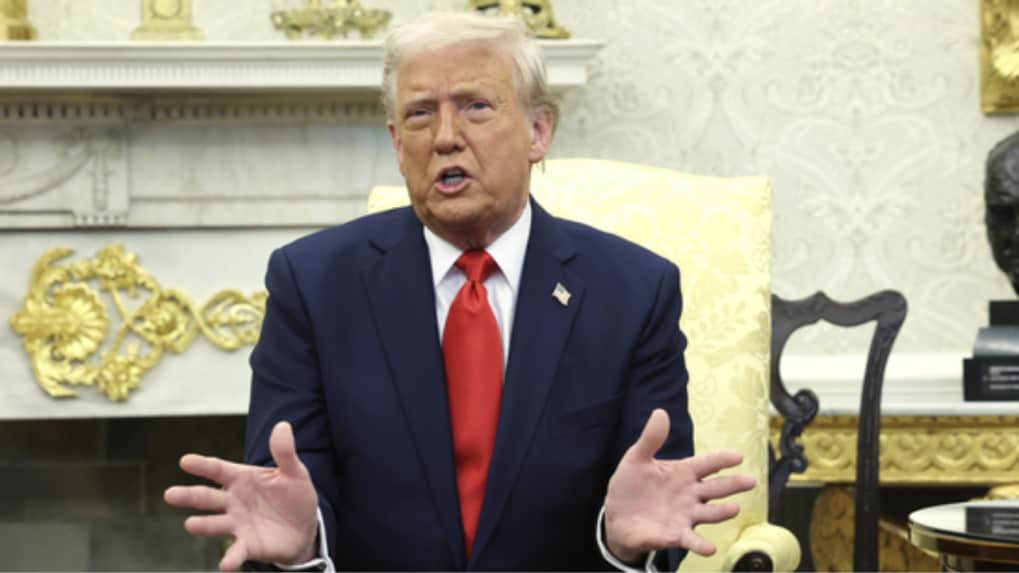‘Liberation Day’ to ‘Strategic Uncertainty’: All the ways Donald Trump branded his 2025 trade tariffs
‘We’re Going to Start Being Very Wealthy Again’: Trump’s branding blitz on 2025 tariffs.
ADVERTISEMENT
In 2025, US President Donald Trump implemented a series of sweeping global trade tariffs, which he described using various terms and phrases to emphasize their significance and intended impact. Here's a list of how he characterized these tariffs in Trump-fashion:
"Liberation Day" and "Declaration of Economic Independence": On April 2, 2025, Trump proclaimed this date as "Liberation Day", marking it as "one of the most important days in American history." He used this term to signify a pivotal shift in US trade policy.
"Declaration of Economic Independence": During the same announcement, Trump referred to the new tariff policy as the United States' "declaration of economic independence," indicating a move towards self-reliance and protection of domestic industries.
"Reciprocal Tariffs" and "Beautiful, Simple System": Trump described the tariffs as "reciprocal," aiming to match or counteract the trade barriers imposed by other countries on US goods. He pledged to implement a "beautiful, simple system" of import duties.
"Strategic Uncertainty": The Trump administration, through Treasury Secretary Scott Bessent, defended the unpredictable nature of the tariffs as "strategic uncertainty." This approach was intended to pressure trade partners into negotiations and encourage domestic investment.
"National Emergency": Trump declared a national emergency to address what he termed a "large and persistent US trade deficit," using this as a basis to implement the tariffs.
"We're going to start being smart, and we're going to start being very wealthy again": He expressed optimism that the tariffs would lead to increased domestic production and economic prosperity. Trump claimed that the revenue generated from the tariffs would significantly benefit the US economy.


